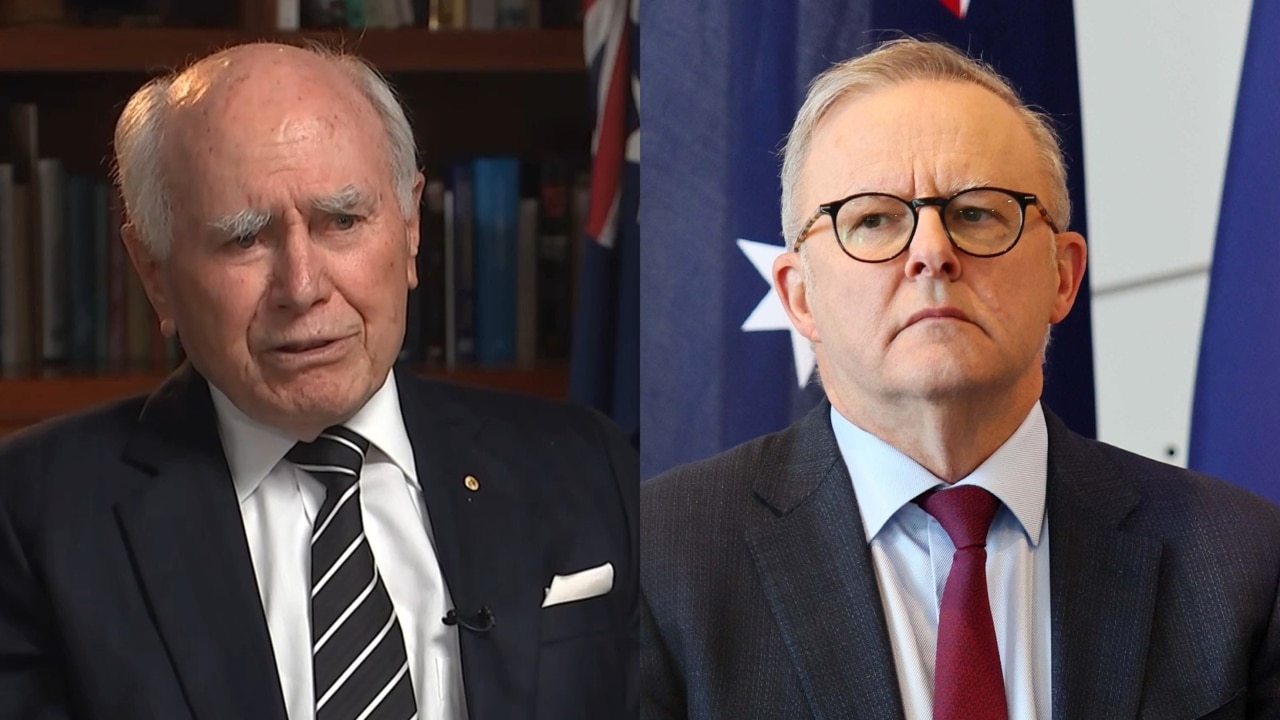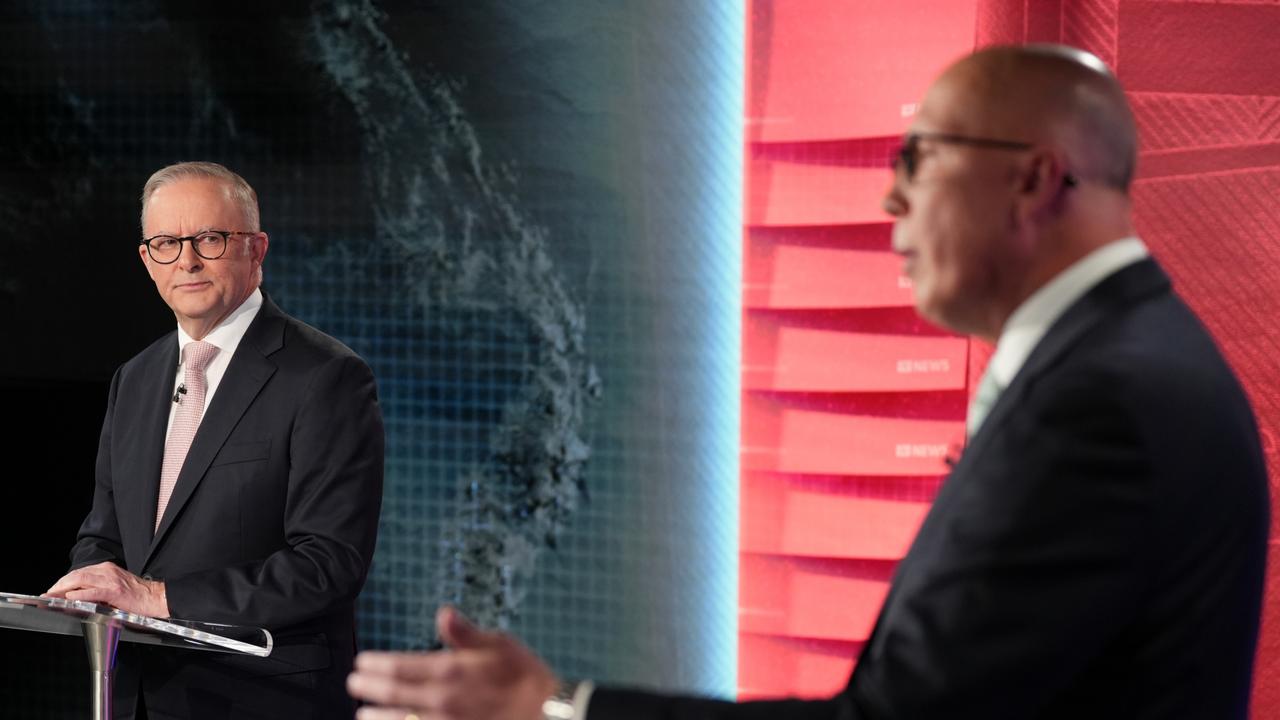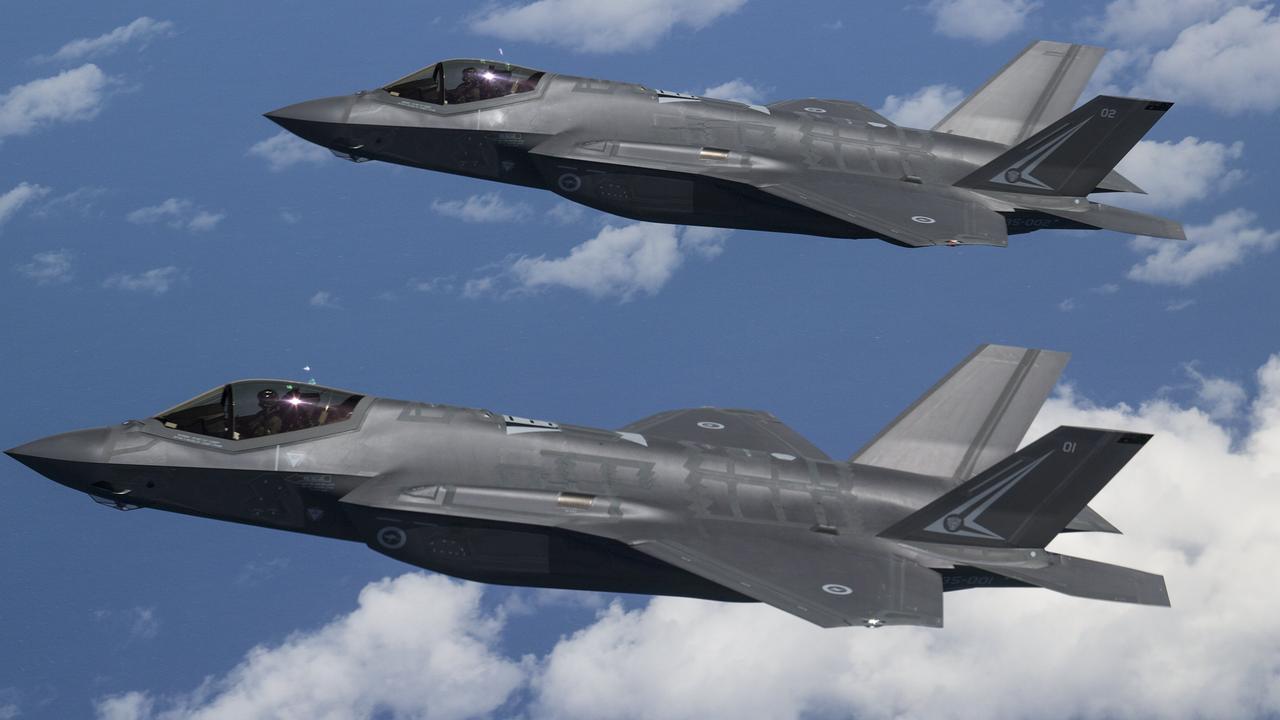
Having a sense that Labor had already lost the argument at a policy level, and is now at risk of losing the narrative, the Prime Minister is now steering the outrage machine towards Peter Dutton personally.
If Labor’s intention is to escalate the attack when parliament resumes on Tuesday then it is one the Liberal leader will welcome.
The thread that the Coalition now tries to weave through this issue and the unrelated cacophony of failures on immigration detention, illuminated by Direction 99, is a broader sense of self-engineered chaos within the government and a weakness of leadership.
It is odd that Albanese has chosen this path, and did so the day after Dutton’s budget-in-reply speech. By facilitating a debate that Dutton is happy to have, Albanese risks shifting the political battle to the Coalition’s preferred territory.

The more Labor seeks to define Dutton on this issue, the more it risks elevating the salience of net overseas migration as an issue in the first place.
At the same time, the unintended consequences of Labor’s quiet dismantling of onshore management of immigration detainees only further undermines Albanese’s pre-election pledge to maintain the integrity of the system.
Are these really the arguments the government wanted to be having post-budget? Unlikely.
Instinctively, even Albanese must know that the more Labor talks about migration, the potential for it to get worse for Labor only increases.
Middle Australia may hear the outrage directed at Dutton but may not necessarily share it. What they also hear is the simple argument that when you bring in more people and don’t have enough houses, it’s a problem.

Albanese’s response is to portray Dutton as evil. This tactical response to a strategic problem didn’t work for Labor last year. And there is no evidence to suggest it will work this time. The same forces are lining up against Dutton, and the attacks are similar in nature.
But like the voice, this threatens to once again alienate people further by dismissing what they believe are legitimately held concerns. If the voice had one political lesson for Labor it was the unwitting error Albanese made in engineered a situation where, no matter what people thought of Dutton, the Opposition Leader ended up being more aligned with Middle Australia than the Prime Minister.
Despite this being obvious, Albanese again appears paralysed by the demands of special interests over the migration and housing debate. But his paralysis is expressed beyond just this. His continued support for the embattled Immigration Minister Andrew Giles only weakens his authority further.
There should be no “deader ministerial duck around than Giles”, says one Liberal strategist. Even some of his colleagues believe he will ultimately have to be thanked for his services.
At some point a leader has to take tough decisions or be forced into them, thereby looking weak. Albanese seems to be going down the latter path.
While the migration and immigration detention issues are unrelated, they both feed into two direct issues of significant concern for voters. One lets Dutton speak to the issue of crime and the other to housing. Meanwhile Jim Chalmers’ budget has all but sunk without a trace.




Anthony Albanese is careering down a road on the migration debate that has all the political hallmarks of the failed voice referendum.